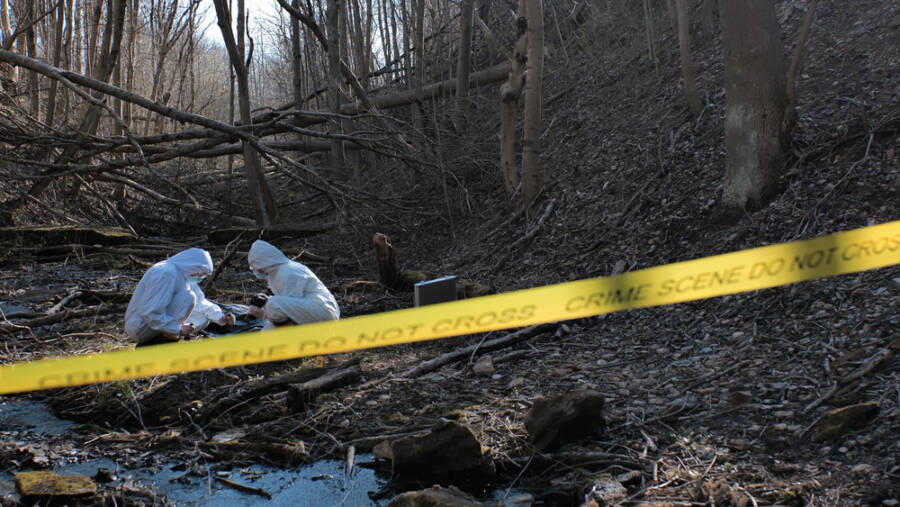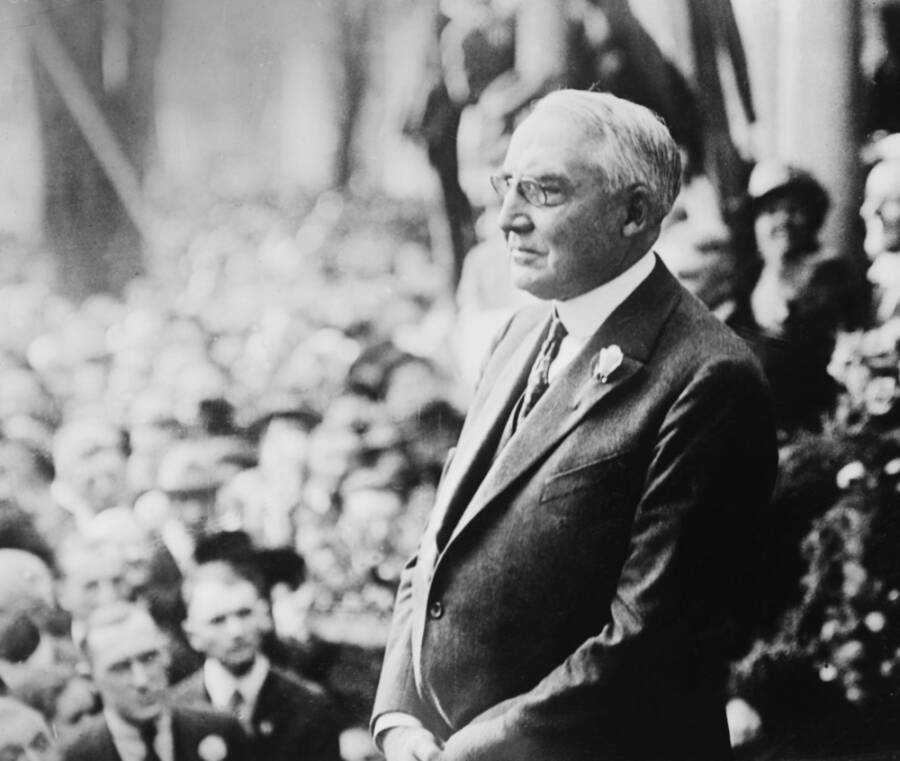
Introduction: Understanding the Controversy
History is replete with tales of deception, from elaborate scams to clever forgeries that duped experts and the public alike. These historical hoaxes are more than just amusing anecdotes; they are powerful lenses through which we can examine the societies that embraced them. They reveal collective anxieties, desires, scientific blind spots, and the ever-present tension between belief and evidence. The controversy surrounding these events, however, is rarely about whether the hoax occurred. Historians generally agree on the timelines and the eventual confessions or exposures. Instead, the debate centers on a more profound question: why did people believe?
The core of the controversy lies in interpreting the public’s reaction. One school of thought, the traditional interpretation, often portrays these episodes as cautionary tales of mass gullibility, where a credulous populace was easily misled by cunning charlatans. This view emphasizes human folly and the eventual triumph of rational inquiry or scientific truth. A more recent, revisionist perspective challenges this narrative. These historians argue that belief in a hoax is rarely simple. They contend that such events tap into deep-seated cultural, religious, or political currents, and that understanding them requires a nuanced appreciation of the historical context. This view suggests that the “victims” of the hoax were not merely foolish, but were actively engaging with the major questions and anxieties of their time.
This article will explore this interpretive divide by examining several of history’s most significant hoaxes. We will first establish the undisputed factual record of these events. Then, we will delve into the traditional interpretation that emphasizes public naivete, followed by the revisionist arguments that propose more complex social and cultural motivations. By analyzing famous cases like the Cardiff Giant story and Orson Welles’ War of the Worlds broadcast, we can better understand why these true stories of deception continue to fascinate and fuel historical debate.





